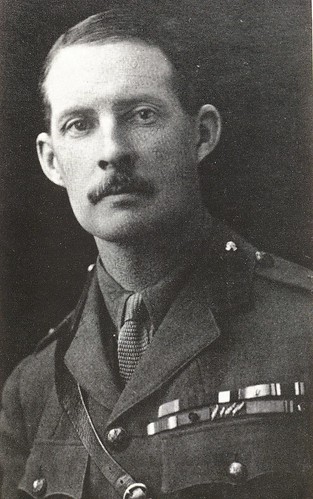 A century ago today, Ronald Wilson Reagan was born.
A century ago today, Ronald Wilson Reagan was born.
Over at Mises Daily, Jeff Riggenbach goes through the man and his policies and rhetorics.
George F. Will had a review of an olympiad old book almost an olympiad ago.
Wrote George Will:
[N]ostalgia for Ronald Reagan has become for many conservatives a substitute for thinking. This mental paralysis – gratitude decaying into idolatry – is sterile: Neither the man nor his moment will recur. Conservatives should face the fact that Reaganism cannot define conservatism.Further:
The 1980s, he says, thoroughly joined politics to political theory. But he notes that Reagan's theory was radically unlike that of Edmund Burke, the founder of modern conservatism, and very like that of Burke's nemesis, Thomas Paine. Burke believed that the past is prescriptive because tradition is a repository of moral wisdom. Reagan frequently quoted Paine's preposterous cry that “we have it in our power to begin the world over again.”Mr. Will continued:
Diggins's thesis is that the 1980s were America's “Emersonian moment” because Reagan, a “political romantic” from the Midwest and West, echoed New England's Ralph Waldo Emerson. “Emerson was right,” Reagan said several times of the man who wrote, “No law can be sacred to me but that of my nature.” Hence Reagan's unique, and perhaps oxymoronic, doctrine – conservatism without anxieties. Reagan's preternatural serenity derived from his conception of the supernatural.Moreover:
Reagan's popularity was largely the result of “his blaming government for problems that are inherent in democracy itself.” To Reagan, the idea of problems inherent in democracy was unintelligible because it implied that there were inherent problems with the demos – the people.And:
As Diggins says, Reagan's “theory of government has little reference to the principles of the American founding.” To the Founders, and especially to the wisest of them, James Madison, government's principal function is to resist, modulate and even frustrate the public's unruly passions, which arise from desires.This blogger would add that said founding removed an important check, namely the monarchical order, initially only domestically, but this was an important initial step, and it would have tremendous long-term effects, not only on America, but also on the world.
“The true conservatives, the founders,” Diggins rightly says, constructed a government full of blocking mechanisms – separations of powers, a bicameral legislature, and other checks and balances – in order “to check the demands of the people.” Madison's Constitution responds to the problem of human nature. “Reagan,” says Diggins, “let human nature off the hook.”
Mr. Will went on:
“An unmentionable irony,” writes Diggins, is that big-government conservatism is an inevitable result of Reaganism. “Under Reagan, Americans could live off government and hate it at the same time. Americans blamed government for their dependence upon it.” Unless people have a bad conscience about demanding big government – a dispenser of unending entitlements – they will get ever larger government. But how can people have a bad conscience after being told (in Reagan's First Inaugural) that they are all heroes? And after being assured that all their desires, which inevitably include desires for government-supplied entitlements, are good?Concluded Mr. George Frederick Will:
If the defining doctrine of the Republican Party is limited government, the party must move up from nostalgia and leaven its reverence for Reagan with respect for Madison. As Diggins says, Reaganism tells people comforting and flattering things that they want to hear; the Madisonian persuasion tells them sobering truths that they need to know.





No comments:
Post a Comment